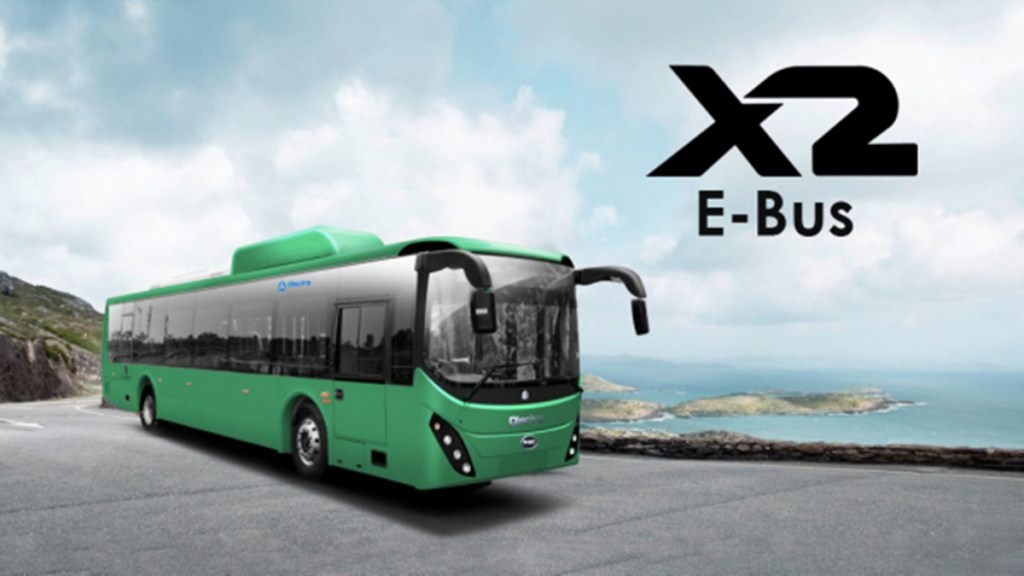Electric commercial vehicle maker Olectra Greentech may soon get an edge over rivals like Tata Motors as it upgrade its buses using next generation blade battery technology.
Competitive leap in performance and range
Sharat Chandra, chief financial officer, Olectra Greentech said the homologation process of the buses is at an advanced stage and should be completed this month. “We are planning to commercialise operations in small numbers from Q3 onwards,” Chandra said.
The Hyderabad-based company had first displayed the blade battery technology at the Bharat Mobility Global Expo 2025.
BYD, the world’s biggest manufacturer of electric vehicles based in China, uses blade batteries to ensure high performance and long-range cars. These batteries are lighter, have a longer lifespan, higher energy density and better safety. BYD has launched cars using this battery technology in India.
“The blade battery promises not only longer ranges, but also a faster charging time, ultimately enhancing the performance, safety, and reliability. The performance is expected to be 30% better, achieved by lighter weight batteries which is 30% less than previous batteries,” Chandra added.
Ramping up production to meet demand
Olectra is expecting the drive range of its 12-meter bus to jump to 400km from the current 300km after switching to blade battery technology. A 12-metre electric bus of Tata Motors, the country’s biggest truck and bus maker, has a range of around 200km.
As of June, 2025, the net order book of Olectra, which is the market leader in the electric bus segment, stood at 10,193 units. This includes 5,120 orders from Maharashtra State Road Transport Corporation and 4,500 orders from Mumbai’s BEST.
The company is in the process of hiking its manufacturing capacity from 10 buses a day on a single shift to 20 buses a day provided that there are no supply chain challenges. It is hoping to reach a capacity of 5,000 units by FY26 end.
The PM E-Drive scheme, which is incentivizing buyers to switch to electric mode, has come out with a revised schedule for buses. “It is about 10,900 buses with a subsidy of about almost Rs 3,500 crore. In terms of value, it is also about almost Rs 10,900 crore. So, we are definitely participating,” Chandra added. India’s electric bus market jumped by 33% to 2,100 units in the January to June period compared to 1,571 units clocked in the same period last year.

